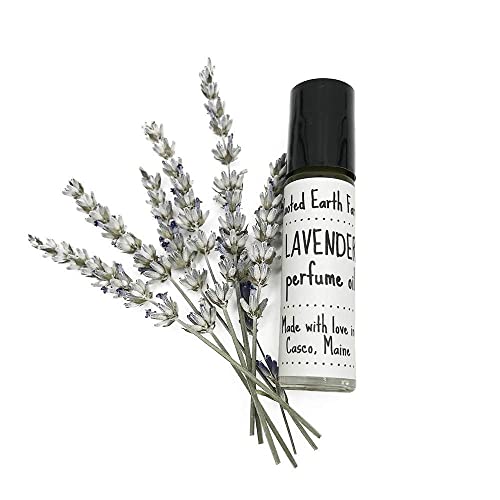Uncategorized
How perfume oils are made?
Oils are extracted from plant substances by several methods: steam distillation, solvent extraction, enfleurage, maceration, and expression.

- In steam distillation, steam is passed through plant material held in a still, whereby the essential oil turns to gas. This gas is then passed through tubes, cooled, and liquified. Oils can also be extracted by boiling plant substances like flower petals in water instead of steaming them.
- Under solvent extraction, flowers are put into large rotating tanks or drums and benzene or a petroleum ether is poured over the flowers, extracting the essential oils. The flower parts dissolve in the solvents and leave a waxy material that contains the oil, which is then placed in ethyl alcohol. The oil dissolves in the alcohol and rises. Heat is used to evaporate the alcohol, which once fully burned off, leaves a higher concentration of the perfume oil on the bottom.
- During enfleurage, flowers are spread on glass sheets coated with grease. The glass sheets are placed between wooden frames in tiers. Then the flowers are removed by hand and changed until the grease has absorbed their fragrance.
- Maceration is similar to enfleurage except that warmed fats are used to soak up the flower smell. As in solvent extraction, the grease and fats are dissolved in alcohol to obtain the essential oils.
- Expression is the oldest and least complex method of extraction. By this process, now used in obtaining citrus oils from the rind, the fruit or plant is manually or mechanically pressed until all the oil is squeezed out.
Credit: http://www.madehow.com/




